We all smile and are often flooded with fond memories, each time a classic car ( Please do not use the term "old", as it is rather unfair for some excelent cars about, not so "old" that are really nice classics)strolls nicely in front of our sore eyes. Suddenly, a car is not just a line produced item, stripped of any feeling whatsoever, and becomes a long lost pal that longs to be with you again.
Classic cars used to be about fun. About meeting. About making friends. They Still are, in some countries where they have their roots deeply stuck in the ground. Like England. England had a massive industry , gave birth to the Industrial Revolution, and kept going on and on triying to give to the average citizen a slice of motoring which they could sink their teeth on.The british people grew up with some of the finests cars on their drives, even naming them with human-like names. Brittain was always used to an MG or an Austin, as they were with washing machines.
But everywhere else, especially where car industry was very poor or inexistent,cars were rather expensive to start with. Even washing machines, let alone cars! A car was something designed for rich people and seen as an outrageous sort of luxury. When I was at primary school, there was only a Mini doing doing the school run every lunchtime...and the bloke was the talk of the school!
This ment that cars in these counties were driven to the ground before someone ever thought of buying a new car. This could mean several years beyond the timeframe of service a car would normally do. Suddenly, with a friendly political and economical situation , these countries could finally update their roadstock very easily. So, all the cars that had done a remarkable job and managed to survive the potholes, were made redundant. Cars that were already clased as "old" in other developed countries, were still being used as commuters in those days.
As you can see, there were no shortage of wannabe classics when the scene started. Nearly every family could grab hold of a Mini, a Beetle, an Escort, or a 2CV. The first classic cars meetings I attended, back in the early eighties, were FREE, and we had remarkable weekends by the beach or by the mountains, scoffing barbecued pork, and drowning in beer. And dancing, and laughing. And making friends. Normal people could enjoy the classic scene.
But the happiness had to be short. The growth of the classic scene, ment that the average rustbucket left to rot on the drive could fetch some awful lot of money. The seller would look suspiciously to any offer" because those cars were very valuable", and the buyer often gave up upon such outrageous atempt of getting easy money.
As a result, lots of cars went beyond repair, and eventually were towed by the council to the great heaven of the classics. Then, as a final stroke, came along the "adds fever". The "adds fever", ment that if a greedy owner wanted for some reason to flog his Mini for,lets say, three grand ,1000 "contos"( Yes! In Portugal there are some people trying to sell a Mini for three grand...and worst, there are people actually BUYING them!...)then EVERY rustbucket filler patched was worth three grand!
As these cars were often propriety of poor families, they often see these opportunities as a way of "getting rich"...not accepting any offer whatsoever under those ridiculous amounts of money.
How come a car that worths pennies in a country, fetch sky rocket prices in another? This sad sittuation, is dreadfully dragging the enthusiast to the only thing he can actually buy....Bycicles!
How sad is that? I wanted to have a nice classic car which I could maintain and enjoy, and the only thing I can dream to afford is a dreadful push bike!
And you know what? As everybody that cannot afford to have a "car", and is turning into Bycicles, greedy sellers are piling on the price of ancient pushbikes...You can have a MG Midget , an A30, or a Minor for the price they would ask you for a bike in those countries right now...
Tuesday, 22 January 2008
Subscribe to:
Post Comments (Atom)






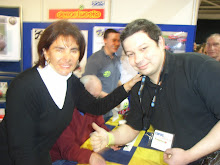

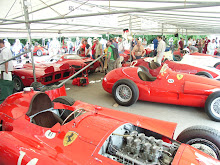
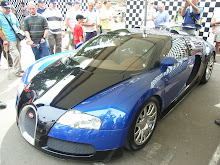
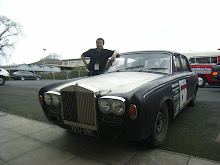


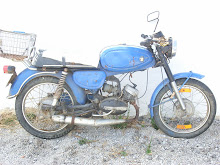








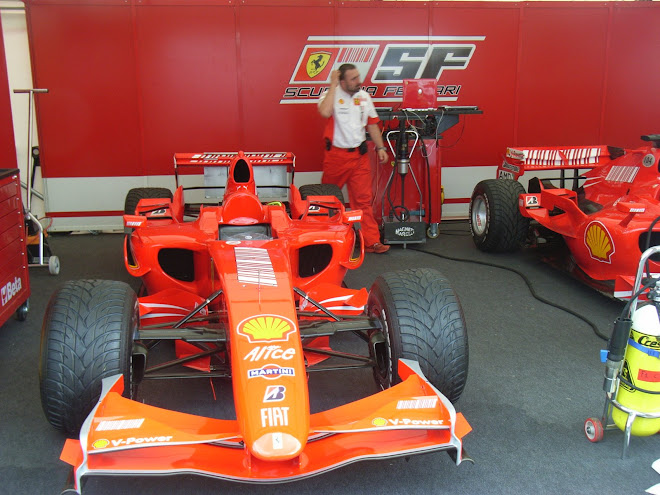


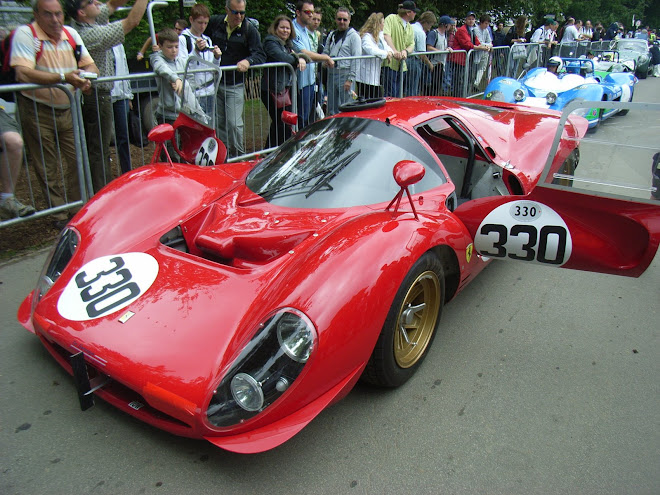
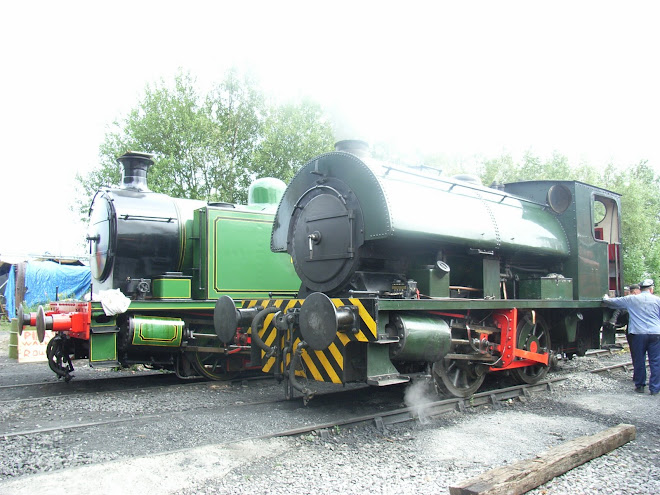
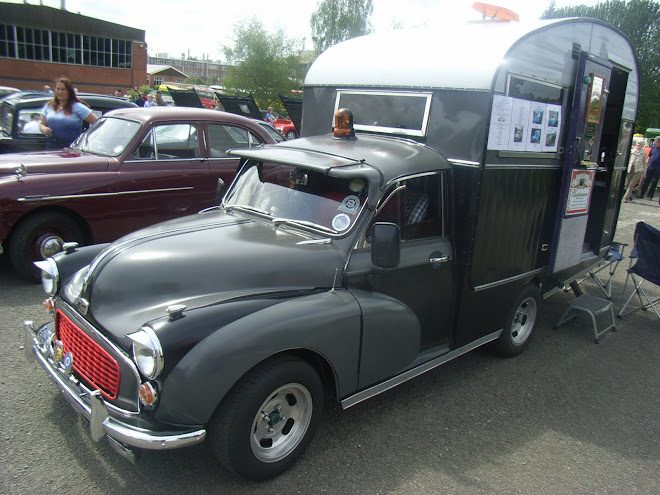
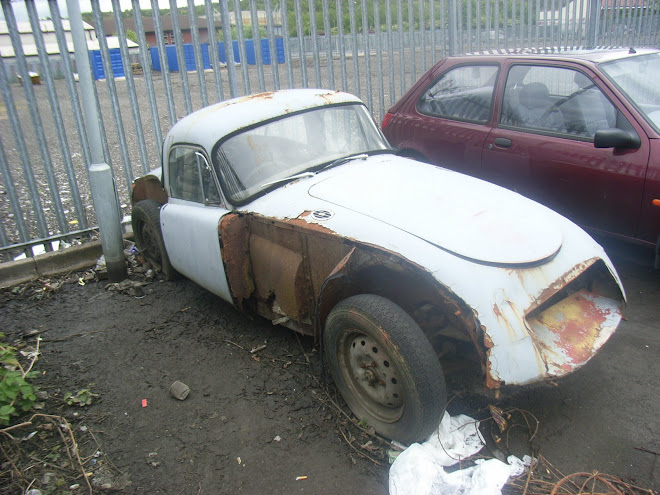
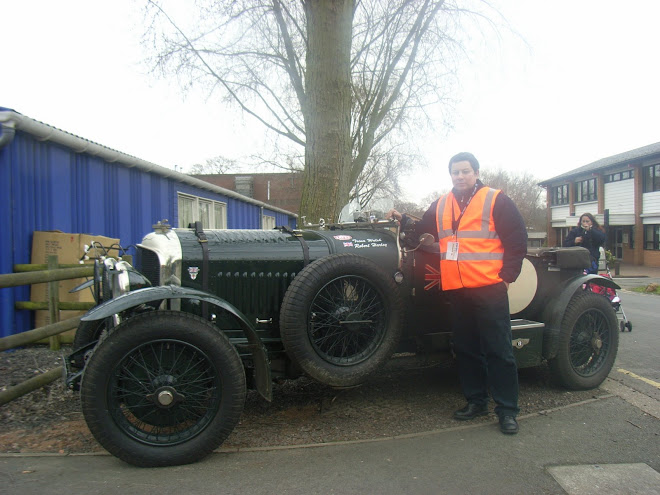

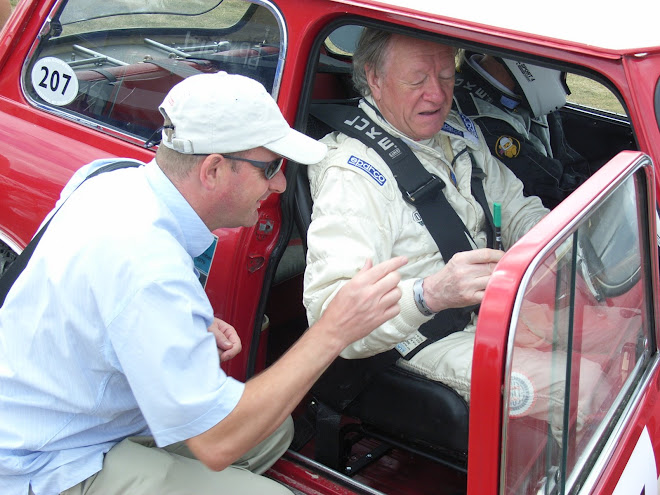


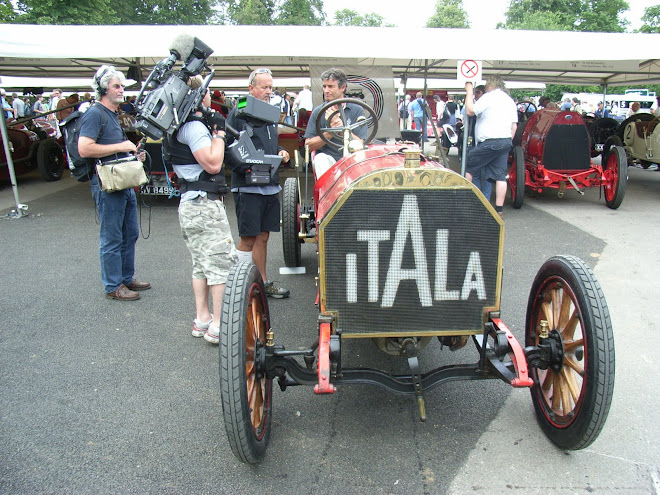
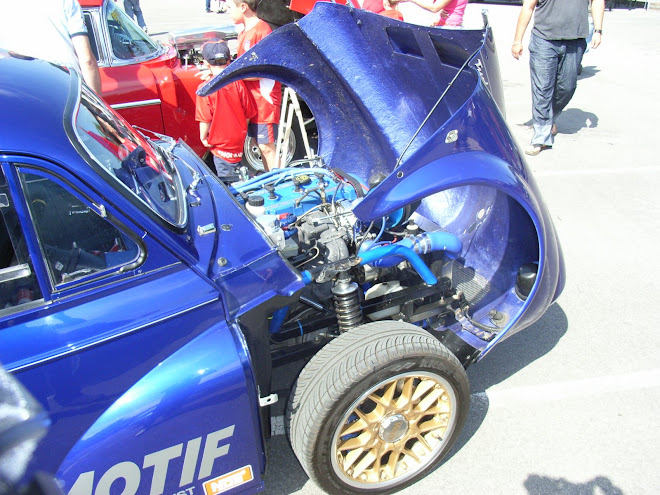
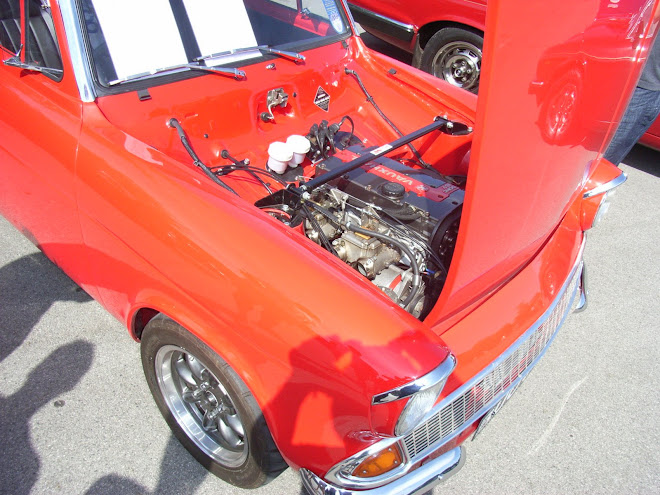
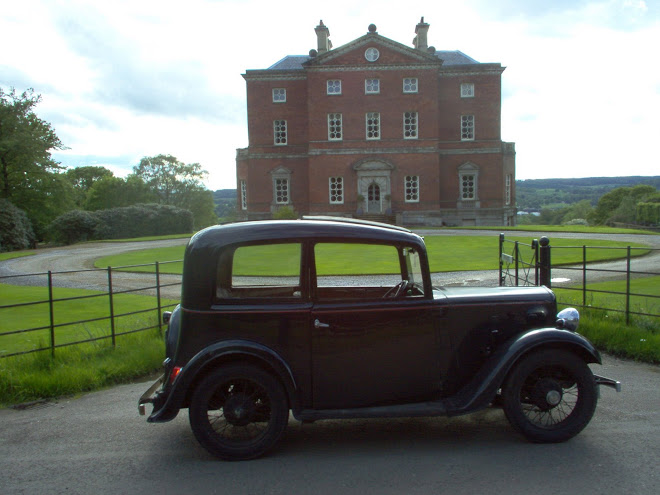
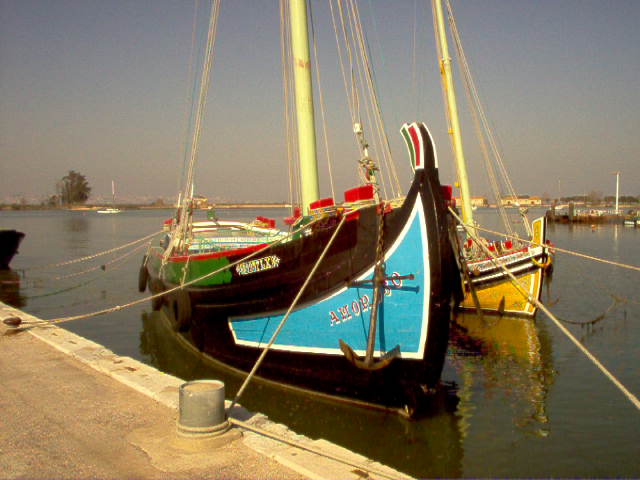
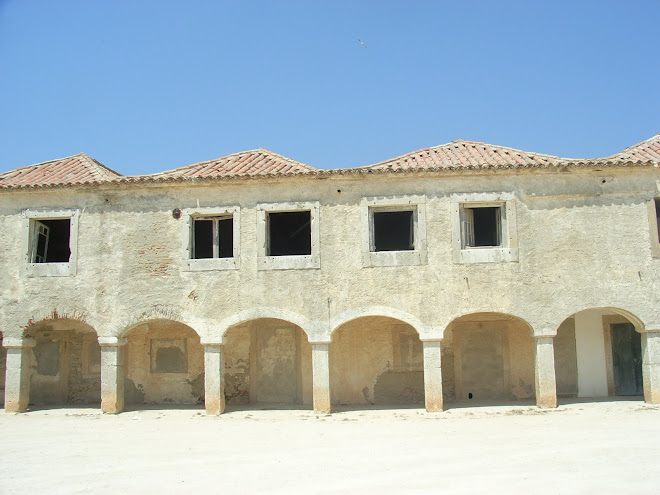



No comments:
Post a Comment